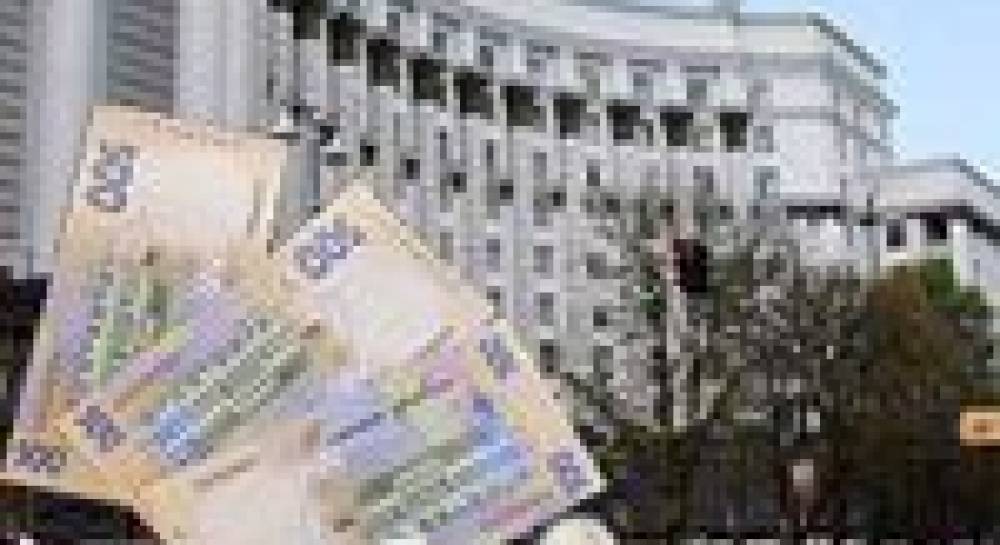
Political turmoil jeopardizes financial relief for Ukraine
Like Iceland and Hungary, Ukraine is seeking aid from the International Monetary Fund to counter the global financial crisis. But Ukraine, its economy reeling from falling steel prices, is also struggling with political...
Aid for Ukraine’s staggering economy may be endangered by the country’s continuing political instability.
Like Iceland and Hungary, Ukraine is seeking aid from the International Monetary Fund to counter the global financial crisis. But Ukraine, its economy reeling from falling steel prices, is also struggling with political problems.
The infighting threatens an emergency loan from the monetary fund. The fund is seeking assurances from the cabinet that next year’s budget will be balanced, but President Viktor A. Yushchenko issued a decree this month dissolving Parliament and, with it, the cabinet.
That decree, which would lead to elections on Dec. 7, is being contested by the president’s opponents in Parliament. So until the decree’s validity is decided in the courts, it is unclear whether the current cabinet holds power. The prime minister, Yulia V. Tymoshenko, says it does, while the president’s office says it does not.
In the interim, a delegation from the monetary fund has been meeting with representatives of the prime minister and the president. The fund is offering a loan of as much as $15 billion to shore up the country’s finances as foreign investors flee.
Ms. Tymoshenko, who met with the delegation on Friday, expressed support for the loan. But if the president’s order to dissolve Parliament is upheld, she said, the cabinet will lack the authority to negotiate with the fund.
In that case, negotiations will be delayed until a new Parliament is formed after the elections. After previous elections, coalition-building in Ukraine has taken months.
“Alarm bells aren’t ringing yet,” Sergei Teriokhin, a former minister of the economy and member of Parliament in Ms. Tymoshenko’s bloc, said in a telephone interview. But if the contested status of the cabinet is not resolved, he said, the monetary fund will not know whom to meet with. “It is necessary that somebody in the country make guarantees on the budget policy of next year.”
Mr. Yushchenko and Ms. Tymoshenko have alternately collaborated and competed since they rallied crowds together on Independence Square in Kiev during the protests known as the Orange Revolution in 2004. Most recently, his Our Ukraine bloc was in a coalition with Ms. Tymoshenko’s, an arrangement that gave her the prime minister’s post. But the two split after the Russian invasion of Georgia in August. Mr. Yushchenko accused Ms. Tymoshenko of muting her criticism of the Russian military action to please the Kremlin.
The political turmoil has coincided with a steep economic decline. On Friday, the international agency Fitch Ratings downgraded Ukraine’s sovereign debt rating and issued a negative outlook for the country. A Ukrainian shipping company, Industrial Carriers, has gone bankrupt. The government has frozen rail tariffs for steel companies, and as foreign investment dries up, speculators are betting on a decline in the national currency.
In response, Ukraine plans to nationalize some commercial banks, which have liquidity problems, a member of Parliament told the monetary fund’s delegation on Friday.
Hungary, which has struggled to cope with the effects of the financial crisis, also received a vote of no confidence on Friday when Fitch cut its rating to negative from stable. Hungary’s large debt, much of it in foreign currencies, has made the country particularly vulnerable to the current external shocks.
The government scaled back its growth estimates for 2009 to just 1.2 percent from 3 percent. Hungary has lined up support from the European Central Bank and the monetary fund in an effort to reassure credit and currency markets.
By Andrew E. Kramer, The New York Times
Nicholas Kulish contributed reporting from Budapest

